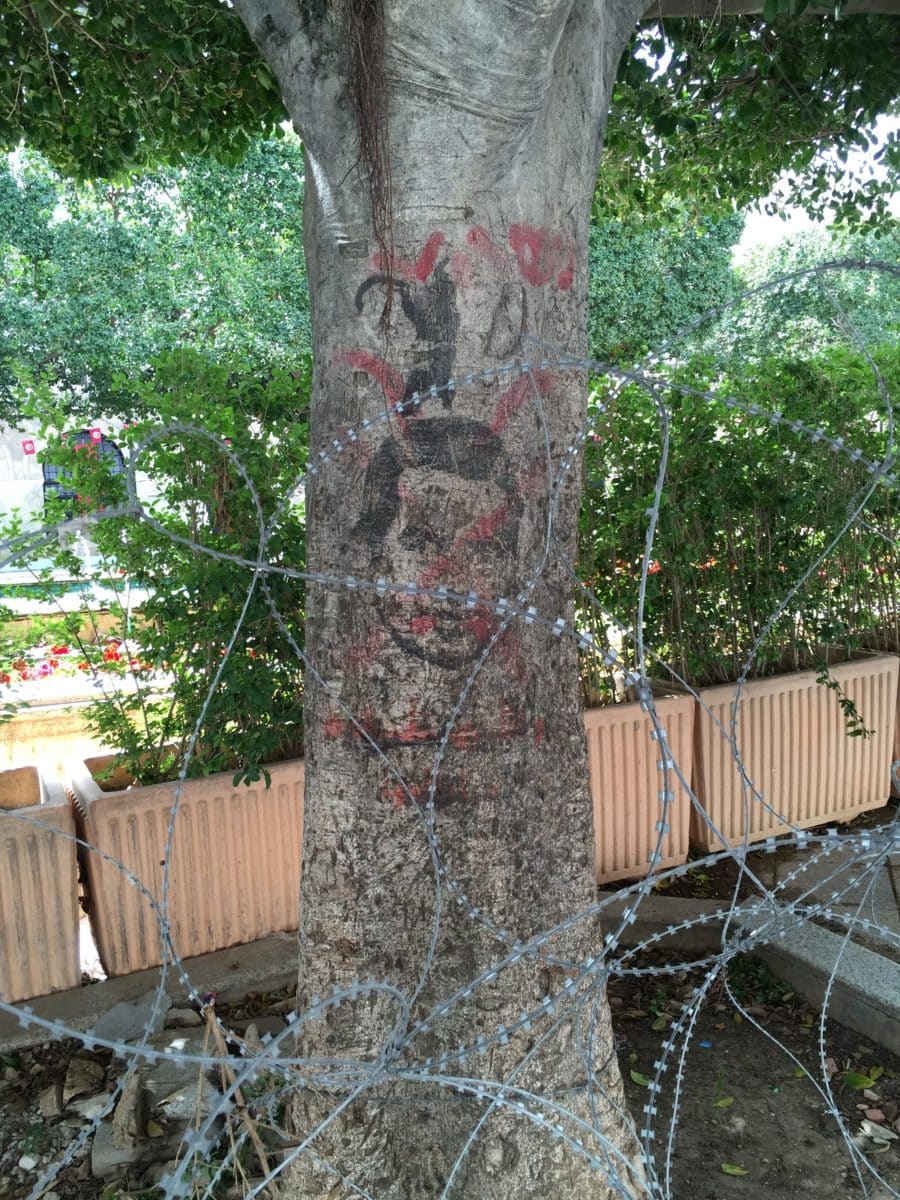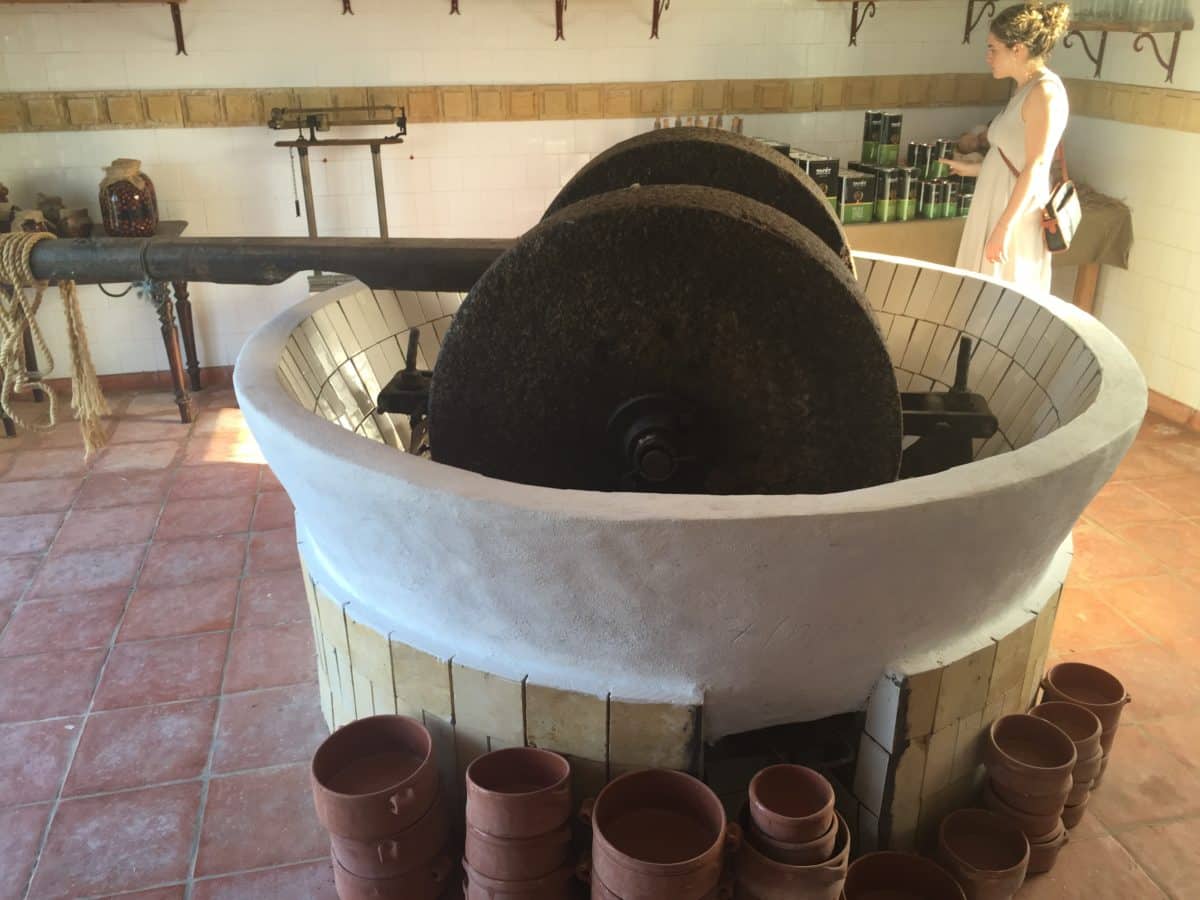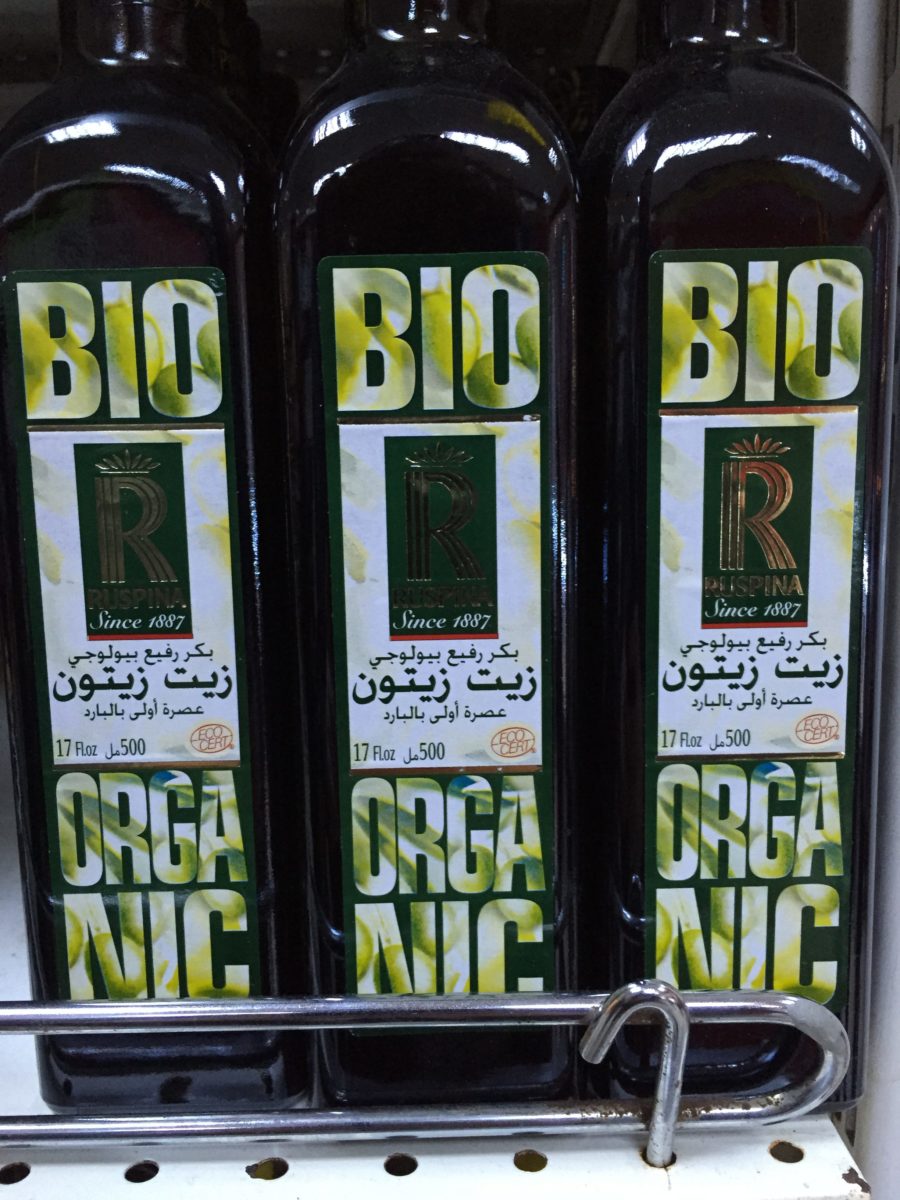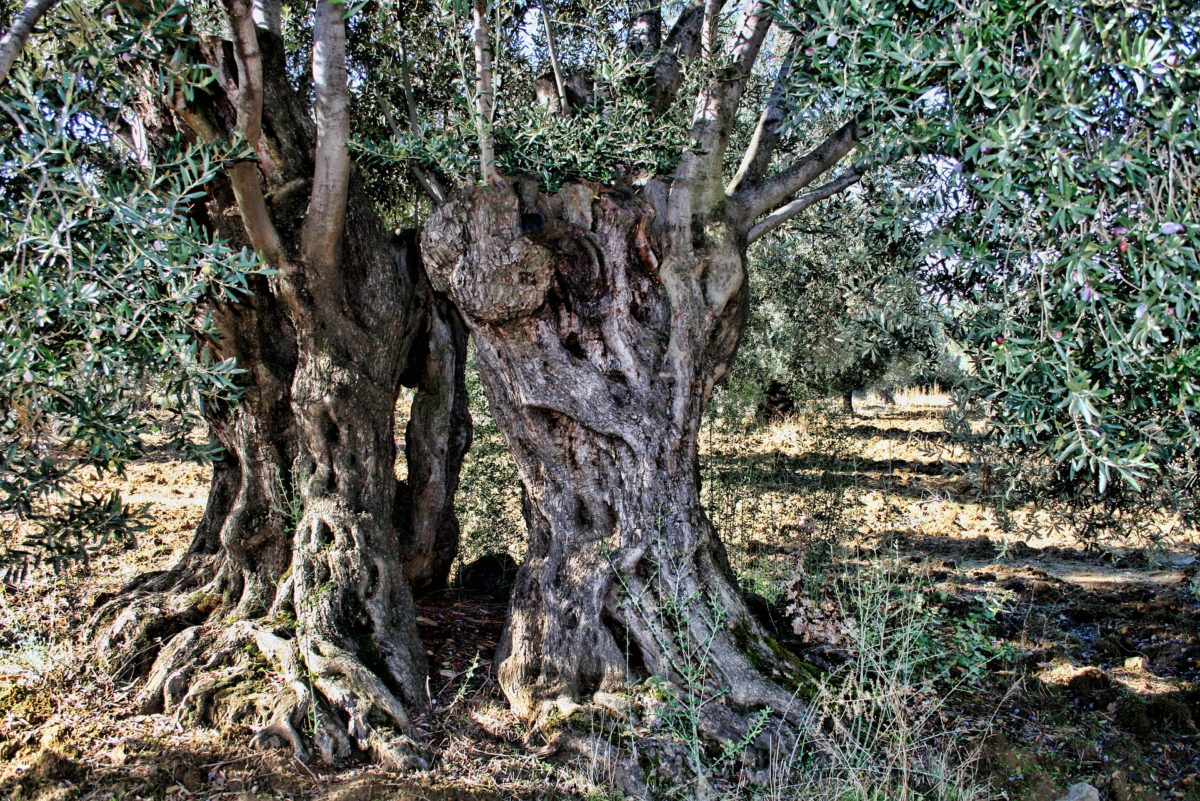It’s April 2015, and I’m in Tunisia at the invitation of PACKTEC, a government-operated organization responsible for encouraging the packaging and exportation of Tunisian products such as olive oil. PACKTEC provides training and education to those whose products will be sold both domestically and abroad, and they help promote Tunisian products world-wide. They also host a bi-annual competition that highlights the best olive oil producers in the country.
It is this competition that has brought me to the country, and it’s a significant event for both the government and the Tunisian olive oil industry. At our hotel, which typically houses both tourists and U.S. embassy officials (whom I’ve been told favor it for its pool and in-house laundry service), security has been significantly enhanced. While influential businessmen and members of the media pace the ballroom floor, the most anticipated guest is the Prime Minister himself, Habib Essid. This is not a trade show.
For many, Tunisia is simply a place on a map, a sliver of a country on the crown of North Africa, with Algeria to the West and Libya to the East. In recent years, fame has come as a result of instability, as Tunisia became the focus of media attention due to its status as the beating heart of the Arab Spring. Where once the country was held in the grip of an oppressive regime headed by the now-deposed dictator Zine El Abidine Ben Ali, democracy has flourished. Free speech is everywhere, be it on the radio, on the lips of the people, or spray-painted on trees sheathed in barbed wire outside of the Ministry of Justice.

Tunisia and its complicated history defy easy explanation. In the Saharan South, terrorists cross unsecured desert borders, and parts of the country are marked by gunfire and combat. Conversely, the North is a bastion of peace, an oasis whose calm is interrupted only by terrorist attacks designed to shake confidence in a nascent government that is increasingly seeking to export its goods and culture. For Tunisia, olive oil exportation means financial support for its people, and for its newly formed democratic government. It also means enhanced support from its Western allies, who rely on it to be an epicenter of Arab democracy, and who might increasingly grow to love its exports, which primarily means its olive oil.
While terrorists seek to isolate Tunisia from the rest of the world, it is not nearly as remote as it seems. Malta and Sicily are easily accessible by boat or plane, and Western Europe is only a few hours away by air travel. The cityscape of Tunis, the capital, seems roughly unfinished, with scores of half-constructed buildings and compounds, but primed for revitalization. Outside the city, the countryside is rugged but not abandoned. Craggy coastlines are bathed by the pulsing sea, and windswept ruins are coated in wildflowers but still routinely visited by tour buses. Tunisia is a country where sun-drenched valleys are interspersed by rolling hills, and where a singular product – olive oil – becomes more widely exported with each passing day.
Two days after the ceremony, while standing in the shade of Tunisia’s millennium olive tree, it’s impossible not to reflect on the influence of olive oil. The name of the millennium tree is not hyperbole – it is at least two thousand years old. The golden oil runs deep through the veins of Tunisian cuisine and culture, appearing almost everywhere. Even at our hotel it emerges in unlikely places, such as a tuna salad sandwich finished by the coppery, spicy tang of olive oil, or in a morning serving of shakshouka, a tomato sauce spiked with peppery harissa and olive oil in which eggs are poached.

As with any olive oil, the best is cold-pressed. This means that the olives are ground and pressed slowly in order to generate as little heat as possible. Heat is thought to be an enemy in olive oil production, as it breaks down the healthy compounds that are linked to olive oil’s health benefits. Tunisia, like all countries that produce olive oil, relies at least in part on high tech methods of production. However, the best olive oil, such as that produced by the extremely well regarded Les Moulins Mahjoub, is made using truly ancient methods, such as stone grinding wheels and non-industrial presses.
While modern oil production relies on devices such as centrifuges to separate oil from olive pulp and juice, the best Tunisian olive oil is separated simply by gravity, in the same way that water and oil will naturally separate when left together in any vessel.
Visiting an olive grove some hours outside the capital reinforces the idea that olive oil is naturally healthy. The environment is stunning, a verdant landscape tucked away in a corner of the world that is so peaceful and secluded that not even Elizabeth Gilbert could accidentally eat, pray, or love her way into it. What look like burlap sheets lie underneath some of the trees, waiting for olives to fall onto at harvest time. Chickens strut and cluck with abandon, and one can only imagine how glorious their olive-influenced eggs must be. A tour of the grinding and pressing facility reveals equipment, still in use, that is at least a hundred years old. Ancient, olive-caked stone slabs and tall urns fill darkened, pungent rooms. These pieces of equipment are not relics either, as they are still used to produce high quality oil.

This year the grand prize is won by an artisanal producer and exporter called Al Jazira. Olive oil is available to sample after the awards are given, and on the whole it is light, but simultaneously buttery and peppery. Later, after returning home from my trip, I find myself quickly demolishing my small treasure trove of Berbere harissa and Tunisian olive oil. The specific brand of harissa I packed in my suitcase I continue to search for, with no success. Fortunately, the olive oil is easier to come by in the United States, and can be found in a number of grocery stores, including Trader Joe’s. When olive oil is discussed, Italy, Greece, and Spain may be the first countries that come to mind, but the educated and curious consumer should seek out Tunisian oil, as it is worth the purchase. ![]()
First published February 2016

Disclaimer: The Cook’s Cook accepts media invitations for events, some of which may include transportation and accommodations.
Unknown content block type: FlexiblePageTemplateFlexibleContentPhotoFullWidthLayout
{
"__typename": "FlexiblePageTemplateFlexibleContentPhotoFullWidthLayout"
}